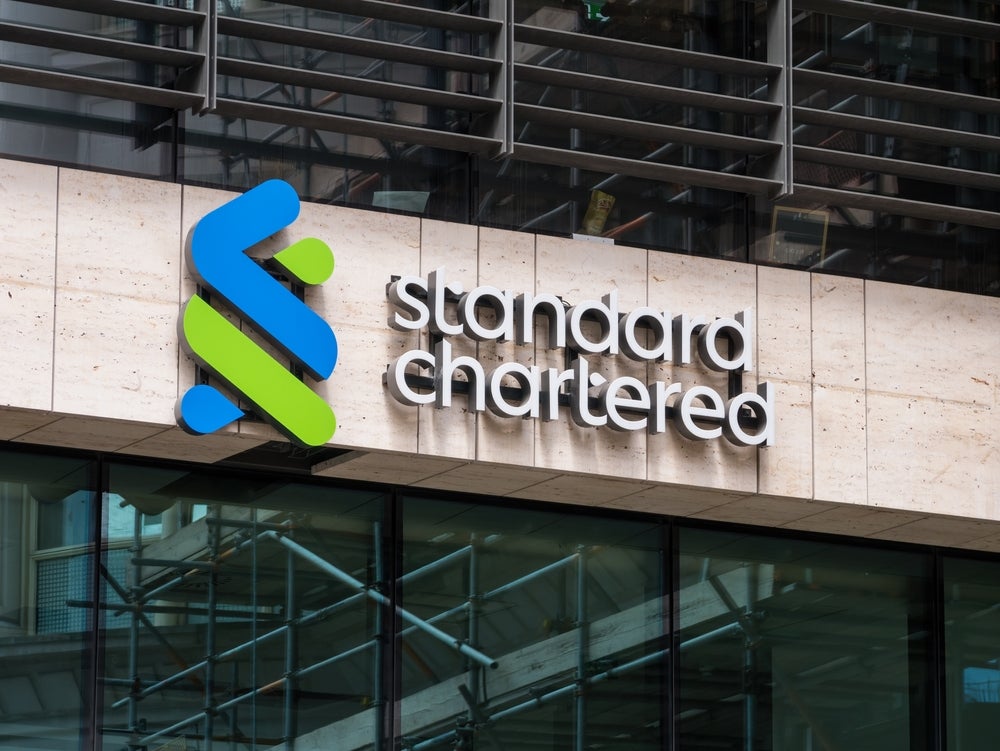
Standard Chartered (StanChart) has banned new investments by its Chinese clients into offshore assets through a quota-based channel, despite a rise of interest for foreign investments owing to local market and currency weakness.
The action by StanChart coincides with Beijing’s attempts to stop capital flight as savers shift their investments overseas due to the weakening yuan and a sluggish economy, according to Reuters.
Chinese investors’ primary avenue for making outward investments is still the QDII program, which was introduced in 2006.
The scheme is limited by a quota established by the State Administration of Foreign Exchange (SAFE).
Moreover, the initiative assists Chinese affluent and business clients in investing in offshore funds, bonds, and other structured products.
Since late 2022, domestic investors’ hunger for abroad assets has grown significantly since China’s stock market performance has underperformed compared to the United States and other major offshore markets.
How well do you really know your competitors?
Access the most comprehensive Company Profiles on the market, powered by GlobalData. Save hours of research. Gain competitive edge.

Thank you!
Your download email will arrive shortly
Not ready to buy yet? Download a free sample
We are confident about the unique quality of our Company Profiles. However, we want you to make the most beneficial decision for your business, so we offer a free sample that you can download by submitting the below form
By GlobalDataFurthermore, Reuters reported, economic and geopolitical concerns have prompted an exodus of investors from China, with many transferring funds into other markets, particularly Japan, providing the benchmark Nikkei index (. N225) an extra push as it flies to unprecedented levels.
Last August, Beijing has issued a plethora of market-supporting initiatives, such as declining trading fees, cutting the rate at which initial public offerings occur, and giving priority to the introduction of equity funds.
The decision by StanChart coincides with the heightened pressure on China’s yuan’s devaluation in 2024, which has been caused by the dollar’s gain due to market speculation that the Federal Reserve may delay reducing rates longer than anticipated.
So far this year, the yuan has fallen roughly 1.4% against the dollar.
In 2015, when fluctuations in the Chinese stock and currency markets spurred capital flight, China informally stopped QDII.
Three years after Chinese equities settled and the yuan appreciated significantly versus the US dollar, the initiative was relaunched.
Recently, earlier this month, Standard Chartered wealth management saw an 8% increase in income in 2023, from $1,796m to $1,944m.
In terms of Q4 2023, income totalled $412m for Standard Chartered wealth management, a 15% rise year-on-year.







